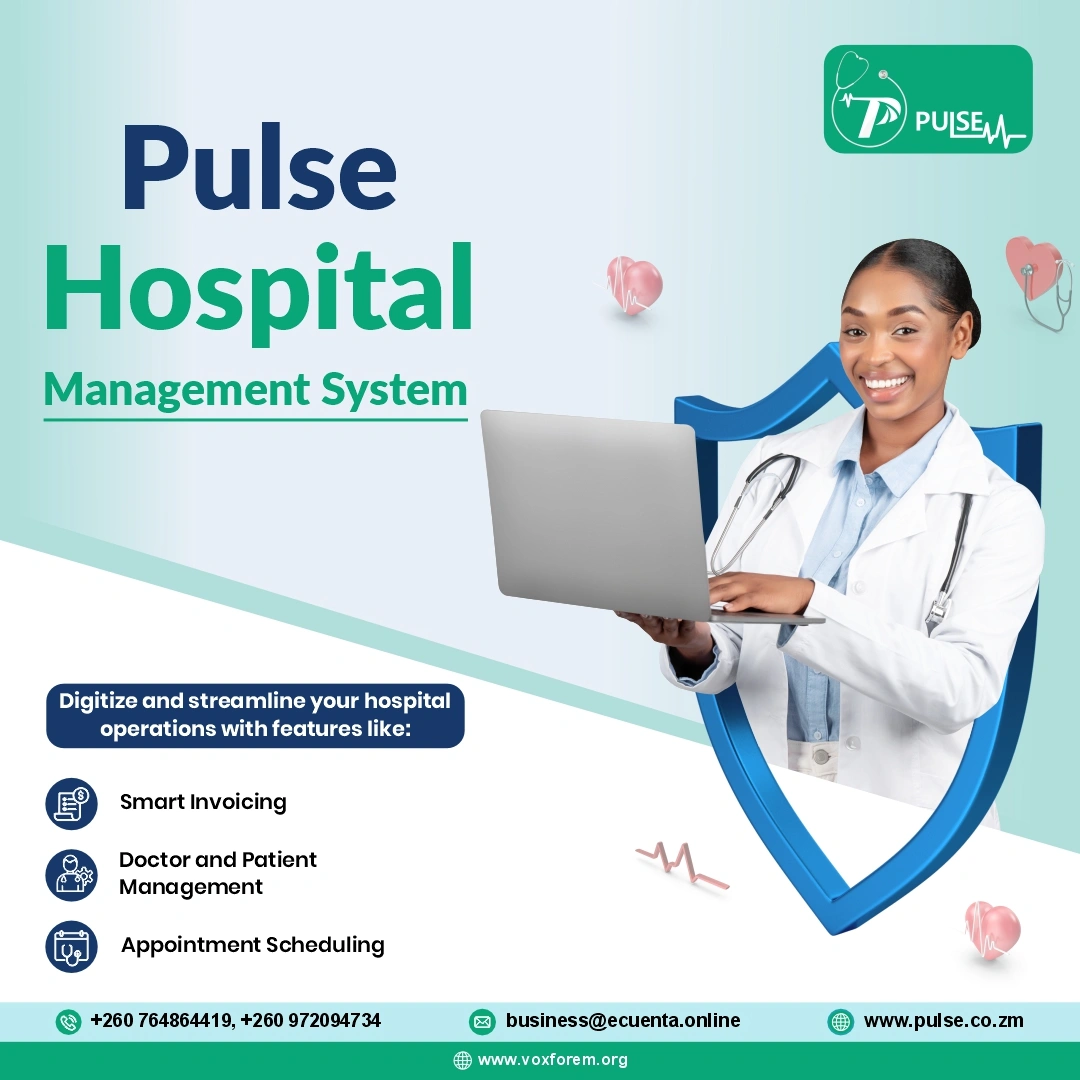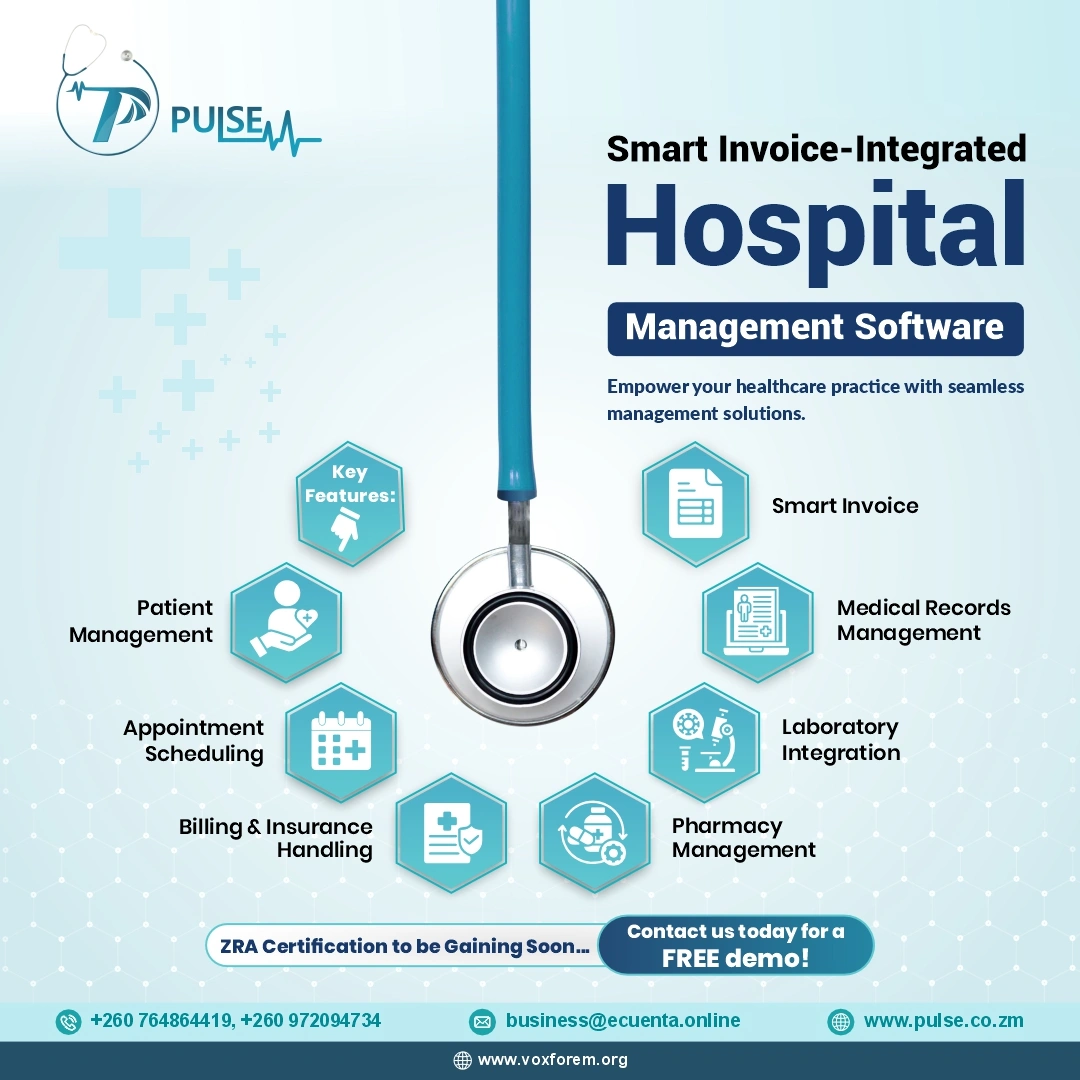Clinic Management Software: Features, Benefits, and How to Choose the Right One

Clinic Management Software: Features, Benefits, and How to Choose the Right One
In today’s fast-evolving healthcare landscape, clinics face the dual challenge of delivering exceptional patient care while maintaining operational efficiency. Clinic management systems are playing a pivotal role in this transformation, enabling healthcare providers to streamline workflows, improve patient engagement, and enhance clinical outcomes.
These solutions are not limited to small practices; they are equally valuable for mid-sized and large healthcare institutions, offering scalable functionality to meet varying operational needs. Modern clinic management software supports a wide range of functions, including seamless appointment scheduling, secure digital storage of medical records, comprehensive financial tracking, and inventory alerts to manage both stock shortages and surpluses effectively.
At its core, digital transformation involves integrating digital technology into every aspect of a business, reshaping how services are delivered and how value is created. In the healthcare sector, this transformation is especially impactful, driving better care, smarter operations, and a more connected experience for both providers and patients.
What Is Clinic Management Software?
A Digital Clinic Management System (CMS) is a specialized software solution designed to streamline and automate the administrative and operational tasks of clinics and healthcare facilities. It typically includes features such as electronic health records (EHR), appointment scheduling, billing and invoicing, patient registration, and inventory management.
By centralizing and simplifying these functions, a CMS significantly enhances the efficiency of clinical operations. It enables administrators and practice managers to securely share information with staff, monitor patient progress, manage workflow, organize documentation, and simplify routine tasks that would otherwise be time-consuming and error-prone.
This type of system benefits not just doctors but also nurses, support staff, and patients, creating a more connected and organized environment. It supports the growth of the healthcare sector by offering affordable, user-friendly solutions that scale with the needs of a clinic.
With cloud-based capabilities, the system allows for the collection, storage, and retrieval of patient data from any location, ensuring fast, secure, and remote access to critical information whenever needed.
Key Features of Clinic Management Software
1. Online Appointment Booking
In today’s digital age, patients expect the convenience of booking appointments online. Whether the clinic is busy or not, offering an online booking system reduces the burden on front-desk staff and provides patients with 24/7 access to schedule their visits, improving both efficiency and satisfaction.
2. Boosting Administrative Efficiency
Managing clinic operations can be time-consuming and complex. A Clinic Management System (CMS) simplifies administrative tasks such as appointment scheduling, billing, and patient communications. By automating routine processes, the system significantly reduces human error and saves valuable time, especially beneficial for clinics with multiple departments or a large team of practitioners.
3. Population Health Management
Effective population health management tools allow clinics to monitor, analyze, and manage patient data at a broader level. Integration with Electronic Health Records (EHR) ensures data accuracy and helps generate actionable insights through reports and visualizations. These features are essential for improving clinical outcomes and delivering proactive patient care.
4. Electronic Health Records (EHR)
A robust CMS provides seamless access to comprehensive Electronic Health Records, enabling doctors and clinical staff to view a patient’s medical history, prescriptions, diagnoses, allergies, and insurance details all at the click of a button. This eliminates the need for paper records and ensures fast, secure access to critical patient data.
5. Customization and Flexibility
Every clinic operates differently, and your software should reflect that. A good CMS should offer customizable features and flexible workflows to adapt to your clinic’s unique requirements. Whether you're adding new modules or adjusting daily operations, the system should grow with your practice.
6. Medical Billing and Financial Management
Financial oversight is a key component of clinic success. A reliable CMS simplifies medical billing and financial management, allowing clinics to efficiently handle invoices, payments, insurance claims, and overall financial transactions, ensuring transparency, accuracy, and compliance.
7. Data Security and Regulatory Compliance
In healthcare, data security is critical. A modern CMS includes robust security protocols such as encryption, access controls, and compliance with healthcare regulations. This protects sensitive patient data from breaches and ensures your clinic maintains a strong, trustworthy reputation.
How to Choose the Right Clinic Management Software
1. Identify Your Clinic’s Specific Needs
Every clinic is unique, so it’s essential to choose software that aligns with your operational structure and service offerings.
- For Solo Practitioners: Opt for a lightweight, user-friendly, and cost-effective solution focused on core functionalities.
- For Larger Clinics: Look for software with advanced capabilities such as multi-user access, department-level workflows, staff scheduling, and broader data management.
2. Prioritize Reporting and Analytics
Effective clinic management goes beyond daily operations—it’s about making informed decisions. Choose software with powerful reporting and analytics tools that offer:
- Customizable dashboards
- Insights into patient care outcomes
- Resource utilization tracking
- Financial performance metrics: This enables you to monitor key indicators
3. Test with Demos or Free Trials
Before committing, take advantage of free trials or live demos to evaluate how the system fits your clinic's daily workflow.
Key areas to test include:
- Speed & Responsiveness: Does the system perform well during peak hours?
- Feature Alignment: Are the functions intuitive and tailored to your clinic’s needs?
- User Experience: Can staff easily navigate and learn the system?
4. Ensure Strong Security and Compliance
Patient data is sensitive, so your CMS must adhere to strict data security protocols. Evaluate the vendor's approach to:
- Data encryption
- Role-based access control
- Compliance with healthcare regulations (e.g., HIPAA): Reliable security ensures patient information remains protected and builds trust with your clients.
5. Choose an Intuitive and User-Friendly Interface
Ease of use is critical. A complex or confusing system can slow down your staff and reduce productivity. The right CMS should:
- It is easy to learn and use
- Support efficient workflows
- Reduce errors and minimize training time: A user-friendly interface helps keep your team focused on patient care rather than struggling with software.
6. Look for 24/7 Customer Support
Reliable support is just as important as good features. Choose a provider that offers round-the-clock assistance to resolve issues quickly and prevent disruptions in your daily operations.
Consistent support ensures smoother onboarding, minimal downtime, and long-term satisfaction with the software.
Conclusion
Leading healthcare professionals increasingly rely on Clinic Management System (CMS) software to reduce administrative burdens, enhance operational efficiency, grow their practices, and cut down on costs. Key features such as telemedicine, data analytics, CRM integration, smart invoicing, and inventory management make CMS an indispensable tool in modern healthcare.
While implementing a clinic management system can be complex, it is a highly rewarding step toward achieving better patient care and streamlined operations. Success lies in selecting the right solution, investing in proper training and support, and consistently monitoring performance to drive improvements. Embracing technology is no longer optional; it’s essential for delivering efficient, patient-centred healthcare.
At Pulse HMS, we recognize the critical role that digital transformation plays in modern healthcare. Our expertise in developing professional, secure, and user-focused healthcare websites and applications allows us to support clinics in becoming fully digital and future-ready. With a commitment to quality, innovation, and personalized service, we’re here to help your clinic stand out and thrive in an increasingly competitive landscape.


